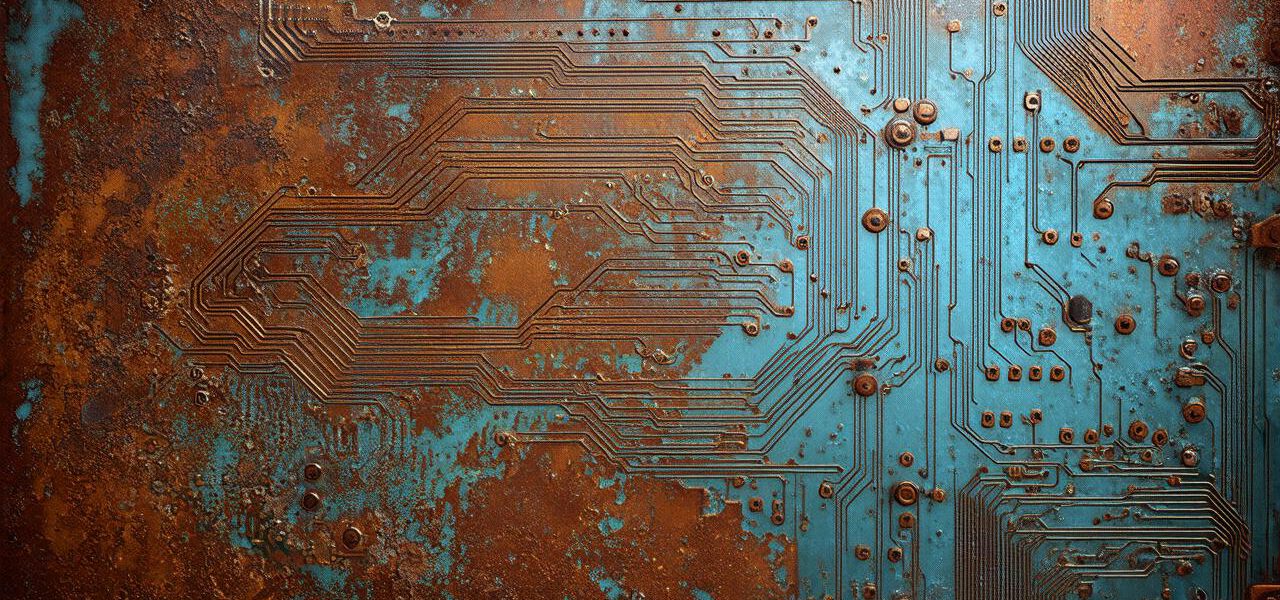
Rust blockchain development: What you need to know
Blockchain technology has taken the world by storm, with countless applications ranging from cryptocurrencies to supply chain management. However, building a blockchain is not a straightforward task. It requires expertise in programming languages like Solidity or Rust, which are used for developing smart contracts and nodes for the blockchain network.
Rust vs Other Programming Languages
Before diving into Rust blockchain development, it’s important to understand how it compares to other programming languages commonly used in blockchain development.
Solidity is the most popular language for smart contracts on the Ethereum blockchain. It is a high-level, object-oriented language that is easy to learn and use. However, it has some limitations when it comes to performance and memory management. Solidity code can be slow and inefficient, making it unsuitable for applications that require high performance.
Ruby is another popular language for blockchain development, particularly for building decentralized applications (dApps) on the Ethereum blockchain. It is a dynamic, object-oriented language that is easy to learn and use. However, it can be slow and inefficient, and its memory management features are limited.
Go is a newer programming language that has gained popularity among blockchain developers due to its simplicity, performance, and safety features. It is designed for building systems and applications with concurrency and networking requirements.
Rust vs Go: While both Rust and Go have similar features and capabilities, Rust has gained a reputation for being more performant and safer. Rust has advanced memory management features that allow developers to write safe and efficient code without the need for garbage collection. This makes it well-suited for building high-performance blockchain nodes and smart contracts.
Rust Blockchain Development: Building Nodes and Smart Contracts
Now that we have discussed Rust’s advantages over other programming languages, let’s explore some of the key components of building blockchain applications with Rust.
Building Nodes: A node is a computer system that runs a copy of the blockchain network and participates in validating transactions and maintaining the integrity of the ledger. Rust provides excellent performance and safety features, making it an ideal language for building high-performance nodes.
Building Smart Contracts: Smart contracts are self-executing programs that run on the blockchain network. They are used for automating complex business processes and executing digital assets. Rust’s advanced memory management features and concurrency features make it an ideal language for building smart contracts that require high performance and safety.
Case Studies: Let’s look at some real-life examples of how Rust has been used in blockchain development to illustrate the key concepts.
1. Chainlink: Chainlink is a decentralized oracle network that provides off-chain data to smart contracts on various blockchain platforms. Chainlink’s API is written in Rust, which allows for high performance and safety features.
2. Secret Network: The Secret Network is a privacy-focused blockchain platform built on top of the Cosmos SDK. Secret Network’s smart contracts are written in Rust, which provides advanced memory management features and concurrency support, making it ideal for building complex applications that require high performance and safety.
3. Polygon (formerly Matic): Polygon is a second-layer scaling solution built on top of Ethereum. Polygon’s smart contracts are written in Rust, which allows for fast execution times and memory management features, making it well-suited for building complex applications that require high performance and safety.
Building Blockchain Applications with Rust: Best Practices
Now that we have seen how Rust has been used in real-life blockchain development projects, let’s discuss some best practices for building blockchain applications with Rust.
- Use Rust’s advanced memory management features to write safe and efficient code.
- Embrace Rust’s concurrency features to build scalable applications that can handle a large volume of transactions.
- Take advantage of the Rust ecosystem, which includes tools for building, testing, and deploying blockchain applications.
- Learn from experienced Rust developers to gain insights and best practices for building blockchain applications.
FAQs: Common Questions About Rust Blockchain Development
1. What are the advantages of using Rust in blockchain development?
Rust provides excellent performance and safety features, making it well-suited for building high-performance nodes and smart contracts.
2. Is Rust more difficult to learn than other programming languages used in blockchain development?
While Rust has a steeper learning curve due to its low-level features, there are many resources available online to help beginners get started.
3. Can I build a blockchain application with Rust alone or do I need other tools and libraries?
Rust provides a range of libraries and tools for building blockchain applications, including Cosmos SDK for building decentralized applications on the Cosmos Network.
4. How does Rust’s memory management features work?
Rust’s memory management features use a technique called ownership and borrowing to ensure that memory is managed safely and efficiently. This prevents common memory-related bugs like null pointer exceptions and buffer overflows.
5. Are there any disadvantages to using Rust in blockchain development?
While Rust has many advantages, it does have a smaller ecosystem compared to other programming languages used in blockchain development, which can make it more difficult to find experienced developers or libraries.
Conclusion: Why Rust is the Future of Blockchain Development
Rust’s advanced memory management features and concurrency support make it well-suited for building high-performance nodes and smart contracts. The Rust ecosystem provides a range of tools and libraries for building blockchain applications, making it an attractive option for developers looking to build scalable and efficient blockchain applications. As more and more companies adopt blockchain technology, we can expect to see Rust continue to gain popularity among blockchain developers due to its performance and safety features.



